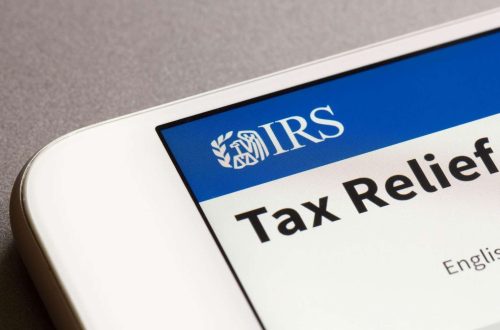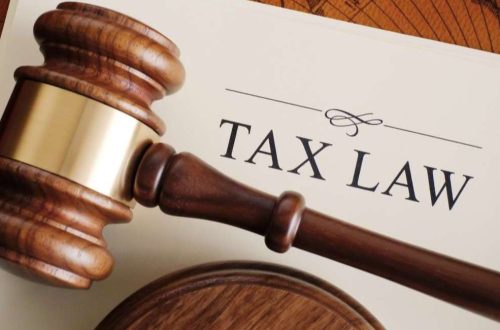IRS Tax Attorney Help
Owe IRS Back Taxes?
IRS TAX PROBLEMS
IRS
TAX HELP Near Me
(855) 900-1333
IRS Tax Help – IRS Tax Experts –
Income Tax Services
Legacy Tax Partners helping Thousands Save Millions with IRS Tax Problems

IRS UNFILED TAX RETURNS
If you do not file a return, the IRS will file a return for you. In doing so, they will make a tax and then try to collect that tax.
If you do not have records to file returns, you can retrieve your income records directly from the IRS. This includes W-2 and 1099 information. With this information, it is important to prepare returns as quickly as possible even if other additional information is not available.
If you do not have records to file returns, you can retrieve your income records directly from the IRS. This includes W-2 and 1099 information. With this information, it is important to prepare returns as quickly as possible even if other additional information is not available.
If you call the IRS, they will usually suspend collection activity for a while to give you a chance to prepare the missing or unfiled returns.

IRS BACK TAXES
Back Taxes – What Are They?
Back taxes refer to delinquent taxes which are overdue. Your record is researched to determine where you stand with the IRS, what you owe, what years are unfiled, what years are necessary to file and to acquire documentation to file those returns. Back taxes come into existence in a few different ways.
• If a taxpayer fails to file returns for a number of years, the IRS will file returns for the taxpayer and thereby assess the tax.
• If a taxpayer is Audited and the IRS determines more tax is due, a “back tax” is then also assessed against the taxpayer.
• When a taxpayer files a return but is unable to pay the tax due, then a back tax is assessed against the taxpayer.

IRS CURRENTLY NON-COLLECTIBLE
The IRS will consider a taxpayer’s current financial situation when determining whether they should be required to make payments toward an outstanding tax debt.
If a review of the monthly household income and expenses of the taxpayer suggests that they do not have excess monthly income and making a payment to the IRS would cause a hardship, the IRS will allow their account to be placed in not collectible status.
While in not collectible status, the IRS will not pursue enforcement action such as bank levies or wage garnishments while the statute of limitations continues to run (tax liabilities generally expire after ten years), and the taxpayer is not expected to make any payments toward the debt for a period of at least two years.
